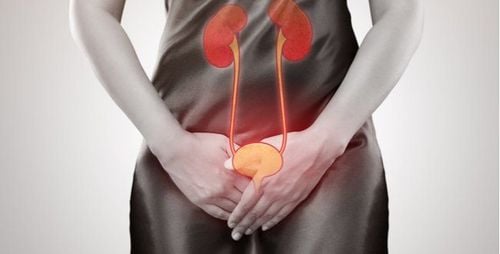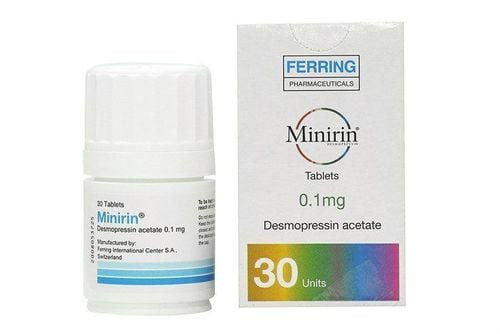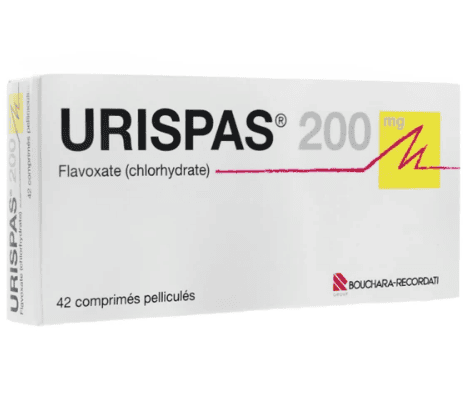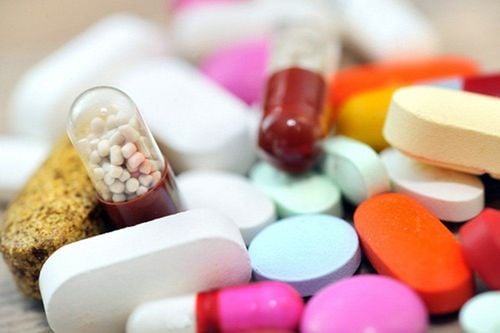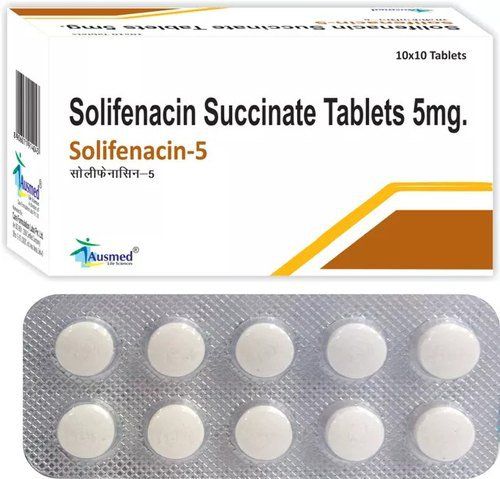This is an automatically translated article.
The article is professionally consulted by Master, Doctor Nguyen Thi My - Department of Medical Examination & Internal Medicine - Vinmec International General Hospital Da Nang.Bedwetting is not only common in children but also in adults. Adult bed-wetting has a significant impact on the patient's psychology and daily life.
1. What is bedwetting in adults?
Bedwetting in puberty, bedwetting in youth or bedwetting in the elderly are all collectively known as adult bedwetting. Currently, about 1-2% of adults have bedwetting and that number can be even larger because of the fear, shame and unwillingness to share this problem.Usually over time, bedwetting will go away on its own when the child grows up, however, if you still have bedwetting in adulthood, this is a manifestation of a certain disease.
Here are some causes of adult bedwetting:
Hormonal problems: A warning sign that your kidneys are slowing down urine production are anti-diuretic hormones. At night, to prepare for sleep, the body needs to produce more of this hormone to help the body reduce the need to urinate during sleep. However, in some people, this hormone is not produced or the body does not respond to the hormone, causing nocturia. A combination of the hormone ADH, bladder function, and sleep-related problems explains this problem. Having symptoms of neurological disorders, sleeping when the body is too tired, abnormal brain diseases (brain tumor, cerebrovascular accident, ..). Having a small bladder: actually, the size of a small bladder does not differ too much from other bladders, but the patient will often feel the bladder is fuller with only a small volume of urine. This means that the bladder acts like it is actually smaller, so you usually urinate more often and more often, and while sleeping, it is difficult to control the urge to go to the bathroom. Constipation: If you are constipated a lot, it also irritates the bladder. Psychological factors such as anxiety, insomnia, sadness also make you bed-wetting.
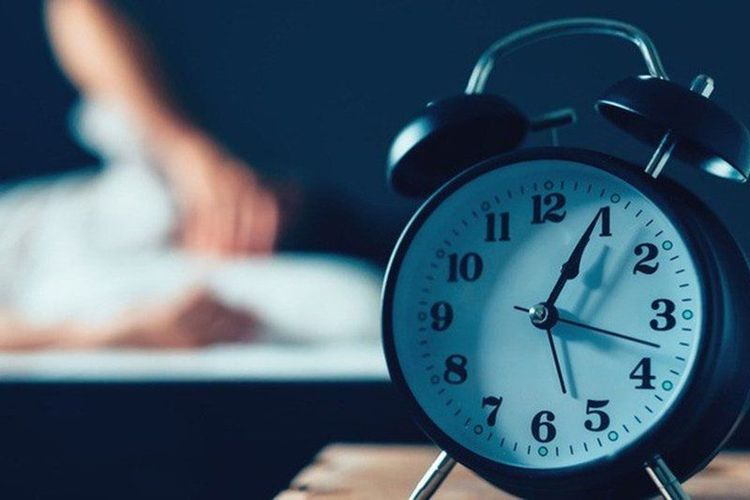
2. Treatment of bedwetting in adults
Bedwetting in adults causes patients to experience many inconveniences in life, in addition to low self-esteem, apprehension, and uncomfortable daily activities. The treatment of adult bed-wetting also takes a lot of time, requiring the strict adherence of the patient during the treatment. Can support the treatment of bedwetting effectively in a number of ways:Before going to bed, you should limit drinking water. Increase urinary control by exercising the pelvic muscles. Follow a scientific diet, use foods that are good for the kidneys. Use drugs to reduce urinary excretion. Can be treated according to oriental medicine. Exercise regularly, keep your mind comfortable, avoid sadness and worry.

Master. American doctor has more than 6 years of experience as an internal medicine doctor at Hue Central Hospital, Hue University Hospital of Medicine and Pharmacy; Tam Tri Da Nang Hospital; Danang Hospital. Currently, he is a General Internal Medicine Doctor at Vinmec Da Nang International General Hospital.
Please dial HOTLINE for more information or register for an appointment HERE. Download MyVinmec app to make appointments faster and to manage your bookings easily.





